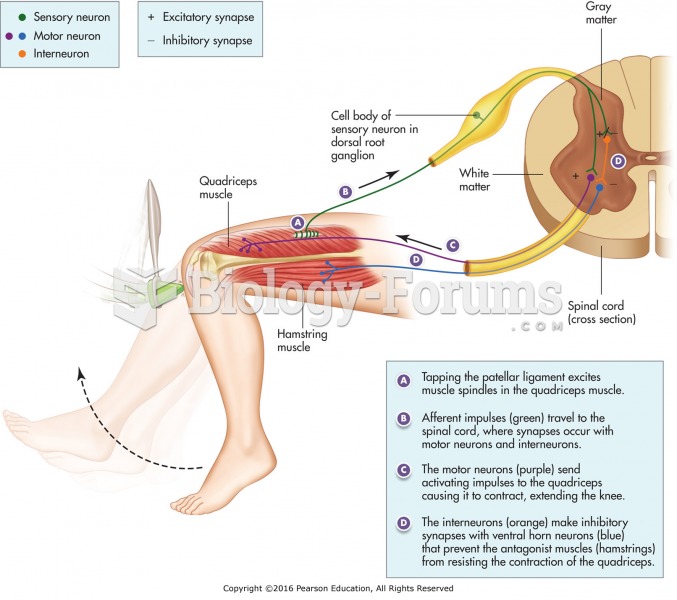|
|
|
Opium has influenced much of the world's most popular literature. The following authors were all opium users, of varying degrees: Lewis Carroll, Charles, Dickens, Arthur Conan Doyle, and Oscar Wilde.
There are 60,000 miles of blood vessels in every adult human.
Once thought to have neurofibromatosis, Joseph Merrick (also known as "the elephant man") is now, in retrospect, thought by clinical experts to have had Proteus syndrome. This endocrine disease causes continued and abnormal growth of the bones, muscles, skin, and so on and can become completely debilitating with severe deformities occurring anywhere on the body.
During the twentieth century, a variant of the metric system was used in Russia and France in which the base unit of mass was the tonne. Instead of kilograms, this system used millitonnes (mt).
Malaria was not eliminated in the United States until 1951. The term eliminated means that no new cases arise in a country for 3 years.
 In this 1900 cartoon, oil baron John D. Rockefeller holds the White House in the palm of his hand wh
In this 1900 cartoon, oil baron John D. Rockefeller holds the White House in the palm of his hand wh
 In this photo opportunity, Phillies manager Ben Chapman refused to shake Jackie Robinson’s hand. ...
In this photo opportunity, Phillies manager Ben Chapman refused to shake Jackie Robinson’s hand. ...





